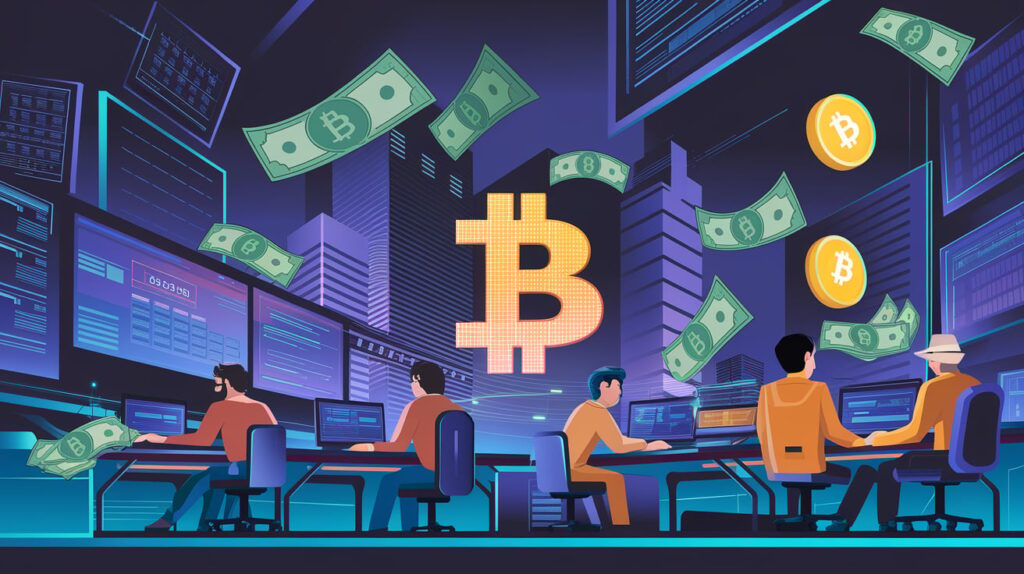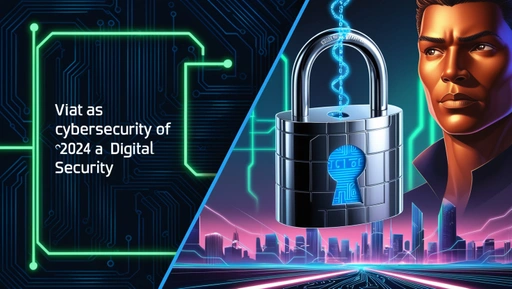Blockchain Developers: Driving Decentralized Innovation

Blockchain technology has revolutionized how we think about data security, transparency, and decentralization. As the backbone of cryptocurrencies and numerous other applications, blockchain has paved the way for a new era of technological innovation. At the heart of this transformative technology are blockchain developers — professionals who design, build, and maintain the systems that make decentralization possible. Let’s dive into the world of blockchain development and explore how these experts are shaping the future.
What is Blockchain Development?
Blockchain development involves creating and implementing blockchain-based solutions to solve problems across various industries. Unlike traditional centralized systems, blockchain operates on a distributed ledger, ensuring transparency, security, and immutability of data.
Blockchain developers work on:
- Building decentralized applications (dApps).
- Developing smart contracts.
- Designing blockchain protocols.
- Managing the infrastructure required to support blockchain networks.
Types of Blockchain Developers
Blockchain developers typically fall into two categories:
- Core Blockchain Developers:
- Design and optimize blockchain architecture.
- Develop consensus protocols and security measures.
- Oversee the overall design of blockchain systems.
- Blockchain Software Developers:
- Build decentralized applications (dApps) on existing blockchains.
- Develop and deploy smart contracts.
- Integrate blockchain systems with existing technology stacks.
Skills Required for Blockchain Developers
To succeed in blockchain development, professionals need a combination of technical expertise, problem-solving skills, and an understanding of decentralized systems. Key skills include:
- Programming Languages:
- Proficiency in languages like Solidity, Rust, Go, Java, Python, and JavaScript.
- Smart Contracts:
- Knowledge of Ethereum and platforms like Hyperledger.
- Experience in creating and auditing smart contracts.
- Blockchain Architecture:
- Understanding of how blockchains work, including consensus algorithms, hash functions, and cryptographic techniques.
- Data Structures and Algorithms:
- Expertise in Merkle trees, distributed hash tables, and other foundational structures.
- Cryptography:
- Knowledge of public-key infrastructure (PKI), encryption methods, and hashing.
- Decentralized Systems:
- Familiarity with peer-to-peer networks and distributed computing.

Tools and Platforms for Blockchain Development
Blockchain developers leverage a range of tools and platforms to streamline their work:
- Ethereum: The leading platform for smart contract development.
- Hyperledger Fabric: A modular framework for building enterprise-grade applications.
- Solidity: A programming language specifically for Ethereum smart contracts.
- Truffle Suite: A development framework for testing and deploying dApps.
- IPFS (InterPlanetary File System): A peer-to-peer network for storing and sharing files.
- Ganache: A personal blockchain for testing smart contracts.
Applications of Blockchain Technology
Blockchain is no longer limited to cryptocurrencies. Developers are driving innovation in:
- Finance:
- Decentralized finance (DeFi) platforms for lending, borrowing, and trading without intermediaries.
- Cross-border payments and remittances.
- Healthcare:
- Secure and immutable storage of patient records.
- Streamlined data sharing among healthcare providers.
- Supply Chain Management:
- Transparent tracking of goods from origin to consumer.
- Enhanced traceability to reduce fraud and inefficiency.
- Gaming:
- Development of play-to-earn games powered by NFTs.
- Ownership of in-game assets using blockchain technology.
- Identity Management:
- Decentralized identity solutions for secure and user-controlled personal data.
- Real Estate:
- Tokenization of property assets.
- Blockchain-based registries for efficient property transactions.
Challenges in Blockchain Development
Despite its potential, blockchain development comes with challenges:
- Scalability:
- Ensuring blockchain networks can handle increased transaction volumes without compromising performance.
- Interoperability:
- Bridging different blockchain networks to enable seamless communication.
- Energy Consumption:
- Reducing the environmental impact of blockchain systems, especially those relying on proof-of-work consensus mechanisms.
- Security Risks:
- Addressing vulnerabilities in smart contracts and protecting against cyberattacks.
- Regulatory Uncertainty:
- Navigating the evolving legal landscape surrounding blockchain technology.
How to Become a Blockchain Developer
For aspiring blockchain developers, here’s a roadmap to success:
- Learn the Basics:
- Understand blockchain fundamentals, including how decentralized systems work.
- Master Programming Languages:
- Focus on languages like Solidity for Ethereum or Rust for Polkadot.
- Explore Blockchain Platforms:
- Gain hands-on experience with platforms like Ethereum, Hyperledger, and Solana.
- Build Projects:
- Develop dApps, smart contracts, and blockchain-based solutions to showcase your skills.
- Stay Updated:
- Follow industry trends, participate in forums, and attend blockchain conferences.
- Pursue Certifications:
- Consider programs like the Certified Blockchain Developer (CBD) or Ethereum Developer Certification.
The Future of Blockchain Development
The demand for blockchain developers is skyrocketing as industries recognize the transformative potential of this technology. Emerging trends include:
- Web3 Development:
- Building decentralized internet ecosystems where users own their data.
- Metaverse Integration:
- Leveraging blockchain for virtual assets, identity, and transactions in metaverse platforms.
- Green Blockchain:
- Creating energy-efficient systems to address environmental concerns.
- Interoperable Blockchains:
- Developing protocols that connect disparate blockchain networks for seamless data exchange.

Conclusion
Blockchain developers are the architects of a decentralized future, driving innovation across industries and reshaping how we interact with technology. With the right skills, tools, and vision, these professionals are unlocking the full potential of blockchain, ensuring a future that is more transparent, secure, and inclusive. Whether you’re a tech enthusiast, an entrepreneur, or a seasoned developer, there’s never been a better time to dive into the world of blockchain and be part of this exciting revolution.






